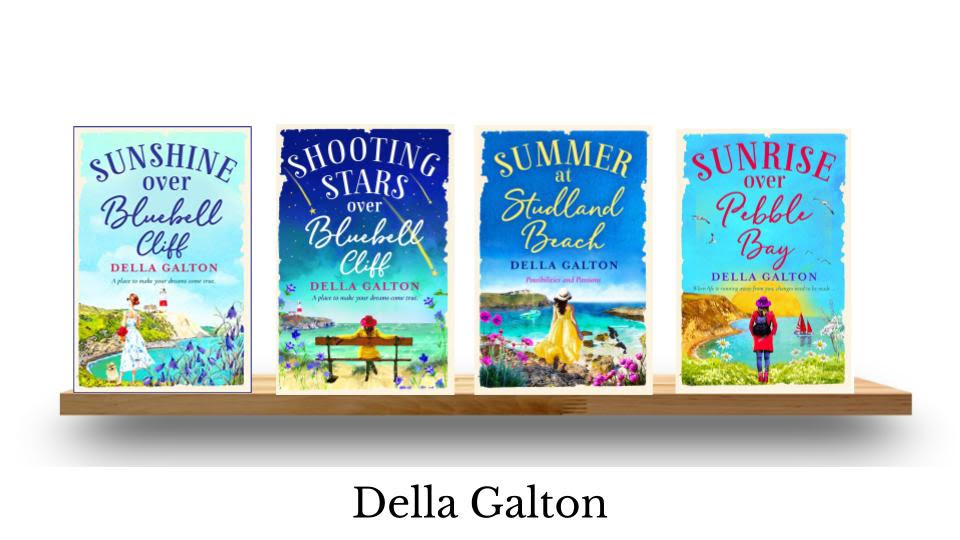The first page of your novel has to be excellent. If it is not first class, then it’s possible the agent or publisher you have targeted will not read any further. Time is money, and they will only be interested in your novel if they can see its potential very quickly. So it goes without saying that the writing must be as good as you can make it.
OK, so the writing is good, but what else should your first page contain?
Having carried out some research on this subject (I analysed a selection of best selling novels) I’ve collated a list of elements that a successful first page is likely to contain. So here they are:
A hook
There must be enough of a hook to make the reader want to turn the page, and, indeed, get past the first paragraph. This does not have to be dramatic. That will depend on the type of book you’re writing, but you should try to engage the reader immediately.
At least one character
This won’t necessarily be the main character, but it usually is the main character or someone closely connected to them. If it isn’t, you should have a good reason.
Place
Whilst the setting doesn’t have to be spelt out, and this is often not possible, there should probably be some indication.
Time
Is your novel contemporary or historical? It’s a good idea to indicate this fairly early on.
Genre
We should also be able to tell the genre of the novel very quickly. Not necessarily from the first page, but do begin in the style in which you are likely to continue. If the novel is humorous, you might not necessarily have an hilarious event on the first page, but the genre should be reflected in the style of writing.
Dialogue
Not all first pages contain dialogue. For example, first person novels often don’t need it, but it isn’t a bad idea to introduce dialogue quickly. The sooner the reader hears your characters speak, the sooner they will start to care about them. Or not – as the case may be.
Descriptions of characters
Again, these do not necessarily have to be on the first page, but if you are introducing a character without giving the reader any hint of what they look like, then the reader may well formulate their own view. If you later contradict this, i.e. the reader assumes your character has brown hair and they actually have flaming red hair there is a danger of losing reader identification.
Summary
And finally, you will need to do these things without it appearing in the least contrived. This is no mean feat, I’m sure you’ll agree.
The good news is that it’s probably not worth worrying too much about your first page until you have completed the novel. In my experience, the first page I originally write for a novel is rarely the first page I end up with. Therefore it makes no sense to worry too much about it until you have completed a draft. It is pointless to edit and perfect something that you might later discard.
Incidentally, if you’re interested, there’s more on this subject in my book, Moving On – From Short Story to Novel, published by Accent Press. Price £9.99





Good tips, Della. (slopes off the check own first pages)
These are indeed great tips, thank you, and I agree with them. However…
There seems to be a great deal of advice out there – good advice, I might add – about how your first three chapters need to be polished. Or is it the first chapter? Or the first page, paragraph, or even sentence? Is it right to do this? I’m sure the answer is always “yes”, but I see a potential danger here for some writers.
Do you think they may fall into a trap of working laboriously on perfecting the quality of these early components of a book, at the expense of the quality (or completeness) of the remainder?
Just a thought.
Hi Captain Black,
Absolutely. What we really need to do is to write a fabulously polished book from the very first page to the very last page and it’s much easier to just polish the beginning. But yes, ultimately the whole thing needs to be done. that’s why it’s such a challenge. But I try to look upon it as like climbing mountains. Take the first step first.
Cap’n Black – I’d say that is a danger; but all that polishing is best done after you’ve completed the whole novel. Keep forward momentum until the end and only then allow yourself to start editing, rewriting and polishing.